Hearing Loss can occur at any age, and for a number of reasons. Depending on the type, treatment may vary. Basically, hearing loss could be conductive, sensorineural or mixed, that is both conductive and sensorineural. While there is problem in conducting sound waves along the outer ear, eardrum and middle ear in the conductive type of hearing loss,
sensorineural type describes the situation in which the root cause is in the outer ear, cranial nerve or central auditory processing parts of the brain.
Symptoms
Most people believe that hearing loss affects only older people. According to research, 20% of adults in America report of hearing problems. While the problem is a common one, a lot of people do not know what the symptoms are until it becomes too late. Below are symptoms that may develop when one starts to have hearing problems:
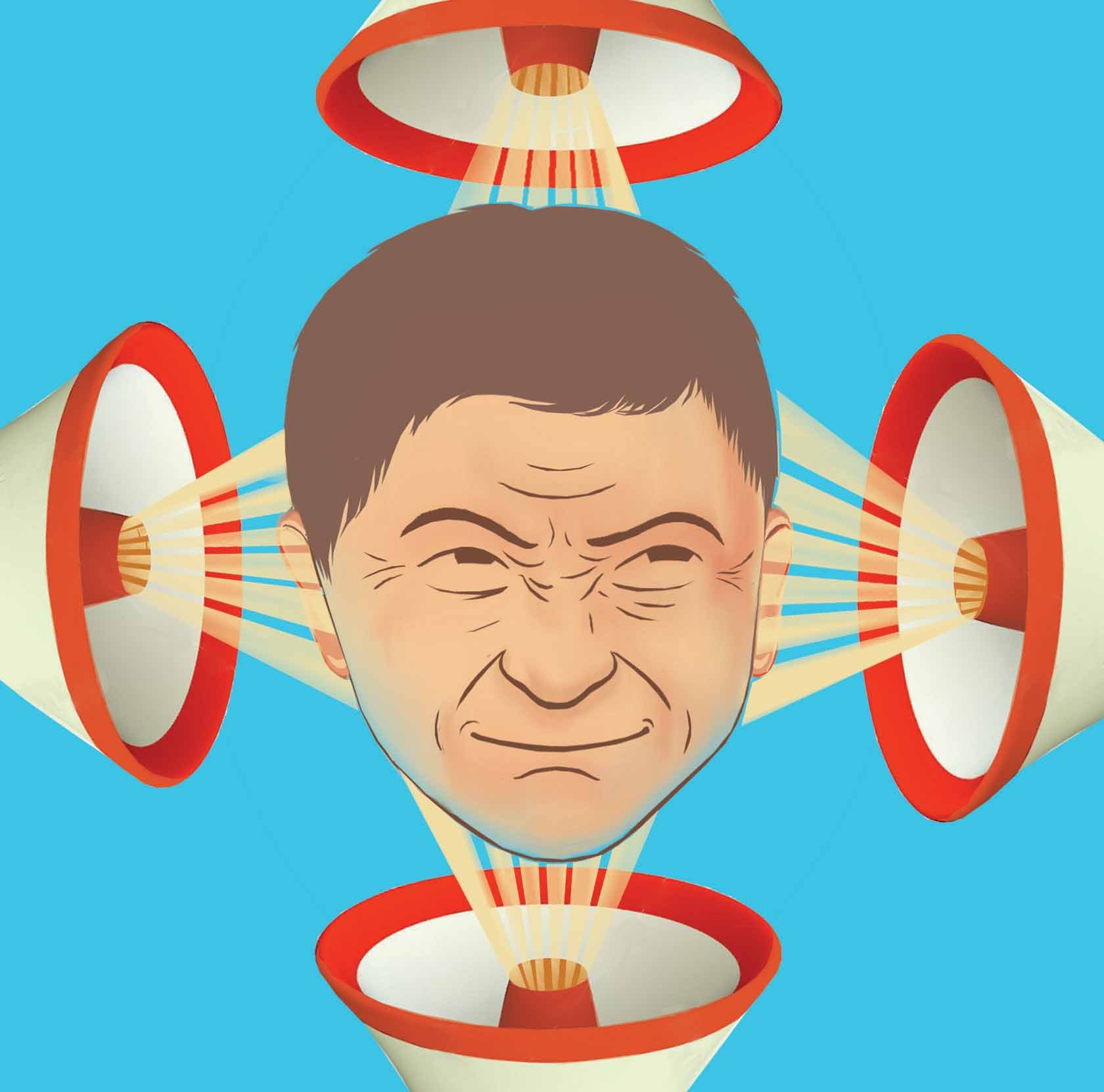
• Difficulty in Understanding what people are saying.
• Muffled voices.
• Difficulty in picking out people’s voices among other noise.
• Listening to TV programs and Radio at higher volumes than usual.
• Depression
• Ear pain, itching and irritation.
• Fluid coming out of the ear due to infection.
Causes of Hearing Loss
Gradual exposure to Loud Music and Aging
Gradual exposure to loud music and aging could lead to damage of the nerve cells that send sound signal to the brain. When there is no nerve cell to send sound messages to the brain, there is shortage in the hearing abilities which could cause higher pitch sounds to appear like muffles.
Earwax buildup
The buildup of earwax can block the ear canal and prevent the conduction of sound waves.
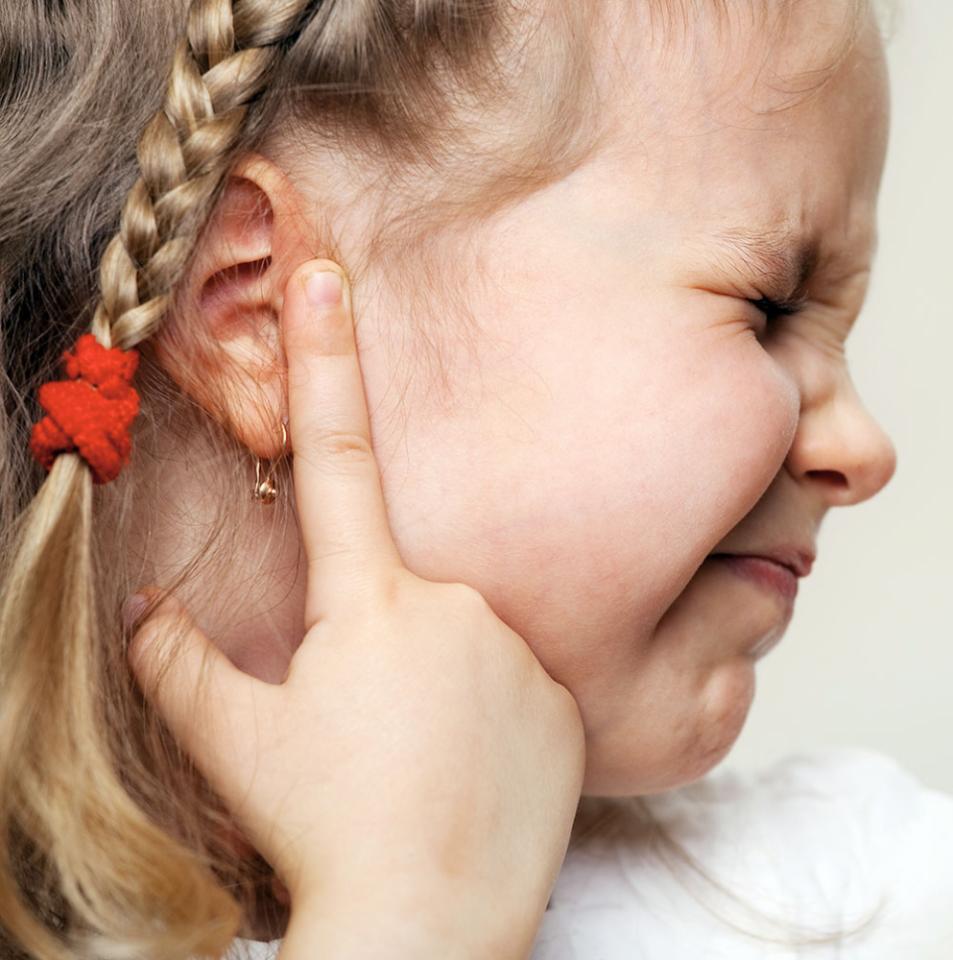
Ear Infection and Unhealthy Ear Growth
In the outer or middle ear, the presence of an infection, or worse the growth of a tumor would greatly affect hearing.
Damaged Ear Drums
When the eardrum is ruptured, or there is a tympanic membrane perforation which is caused by loud blast of noise that suddenly changes in pressure. This can easily cause, at best, an infection or, at worst, a perforated ear drum which in turn affects the level of hearing loss.

Hearing Solutions
The first step into getting hearing solution is making a timely visit to your audiologists. This is an important aspect of curing loss of hearing because audiologists would easily tell you specifically, through a full test, what is causing it. From there, it is easier to administer a hearing solution. Also, the audiologists may recommend hearing aids which are of different types, design, functions and costs. Although, hearing aids would not correct hearing loss totally, they are still very effective in many situations.
It’s hard to imagine what an important role good hearing plays in our lives. When we have it, we never think about it.
In the distant past, most of the noise our ancestors had to deal with came from natural sources, rushing water, crackling fires and the occasional rainfall or lightning and thunder.
Today we’re overwhelmed by noise. Traffic noises, music with bass woofers thrown in for added pressure on our eardrums. Noise from construction sites—noise from all sides.
It’s little wonder then that as we age, our hearing will have suffered from all this loud noise, and the day may well come when we realize something is not right. Perhaps it’s time to visit anaudiologist.
Not so long ago, the hearing aid was a funnel-like instrument you could hold to your ear . It could be quite helpful in many cases, but carrying a huge funnel around every place you go presents an awkward problem.
Since those primitive hearing aid devices, audiology has progressed to the point where today, hearing aids are tiny, can be fine-tuned on the computer to give a wearer the best possible custom hearing.
Of course, not everyone is lucky enough to be born with excellent hearing, and some childhood diseases may damage our hearing as well.
While a good deal of research has gone into cochlear implants, hair cell regeneration and other possibilities, these are generally more specialized treatments directed toward patients who are deemed good subjects, patients who otherwise, may not be helped.
For most of us, a properly fitted and tuned hearing aid, or two, can bring our hearing “back to life”. While even the finest hearing aids have their limitations, a properly fitted hearing aid can make television, conversation, telephones and the many other aspects of life so much more satisfying again than perhaps the patient has experienced in many a year.
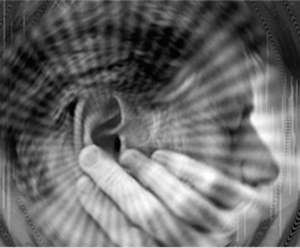
Hearing aids today have the capability, for instance, in restaurants or other noisy locales, to tune out much of the background noise allowing the wearer to hear speech in the immediate surroundings and overall enjoy a much more satisfying experience.
If you have any questions about your hearing, it’s time for a visit to an audiologist for an in-depth hearing test. This will give you a very accurate picture of your hearing and what can be done to improve it if necessary.
Contact us at DoctorsOfHearing.com for more information!
—0—
Audiology is the science that studies disorders associated with auditory and balance. Audiologists are healthcare practitioners that major in diagnosis, treatment, monitoring and management of conditions related to the auditory and vestibular section of the ear. Such conditions include hearing impairment, tinnitus, and balance problems.

Audiologist and their roles:
Audiologists at DoctorsOfHearing in Pasadena help patients prevent hearing loss and impairment to their hearing. The professional employ some tests to establish if an individual can hear within the normal range. Such tests include hearing tests, videonystagmography, otoacoustic emission measurements and electrophysiologic tests. If a patient has problems hearing within the recommended range, doctors can determine the affected parts and the extent of diagnosed condition.
After successful diagnosis, audiologists can recommend the best option for a disorder. They may recommend hearing aids or implants and offer referrals where necessary. Audiologist doctors are available in Los Angeles to provide advice and counsel to families whose infants have lost their hearing capability. In case a person loses hearing at a late age, audiologists help and teach skills that aid with coping.
Audiologist monitor, hearing hitches and balance problems and use them as tools to diagnose auditory problems. Doctors then design the course of treatment that they implement to help patients cope with their condition.
Audiologist training
Audiologist holds masters degrees or higher qualification in Audiology. They train in anatomy and physiology, acoustic, electrophysiology, neurology as well as counseling and sign language. Hearing doctors collaborate with other medical professional to provide the best treatment or management of an auditory disorder.
Law Requirements for Audiologists
The law requires that practicing audiologist is registered. In addition to the license to practice auditory, some states require the doctors to have a hearing aid dispenser license to dispense hearing aid equipment. Some states demand that audiologist holds a certificate of clinical competence in audiology to be licensed to practice.
If you have any questions on how to deal with hearing loss, contact DoctorsofHearing, in Los Angeles, Pasadena at DoctorsOfHearing.com for more information!
Auditory processing disorders
Our audiology practice in Pasadena, Los Angeles, aims to understand different hearing disorders such as auditory processing disorders. APDs are also known as central auditory processing disorders. They can be hard to recognize and diagnose due to the fact that symptom vary between different age groups. APDs occur most commonly in children of all ages.
Preschoolers can begin to exhibit symptoms, though diagnosis of APDs normally occurs in grade school. Some symptoms displayed in preschoolers include difficulty tuning out background noise, and discomfort when hearing loud noises. Usually, preschoolers will not like being read to and won't be able to sit still for story time at school. This is because children with APD are struggling to process what they hear, and this causes them to be overly sensitive to sounds and background noise. Often, children with APD will need to have things repeated them and will have trouble remembering information and instructions.
In grade school, these symptoms will become more problematic. Children will begin to dread reading and sounding out words they don't know. This is because they are struggling to process how different sounds work together in order to form words. These children will have poor conversation skills and will forget things because they have difficulty recalling information they have heard.
APDs can become worse if not treated, impairing a child’s life and their ability to learn. A doctor of hearing will be able to solve the problem with various treatment methods such as therapy (specifically speech therapy) and various learning methods that can be applied in the school place. APD is treatable but what is most important is recognizing symptoms early on (preferably at the pre-school level) in order to start treatment right away. Contact us at DoctorsOfHearing.com for more information!
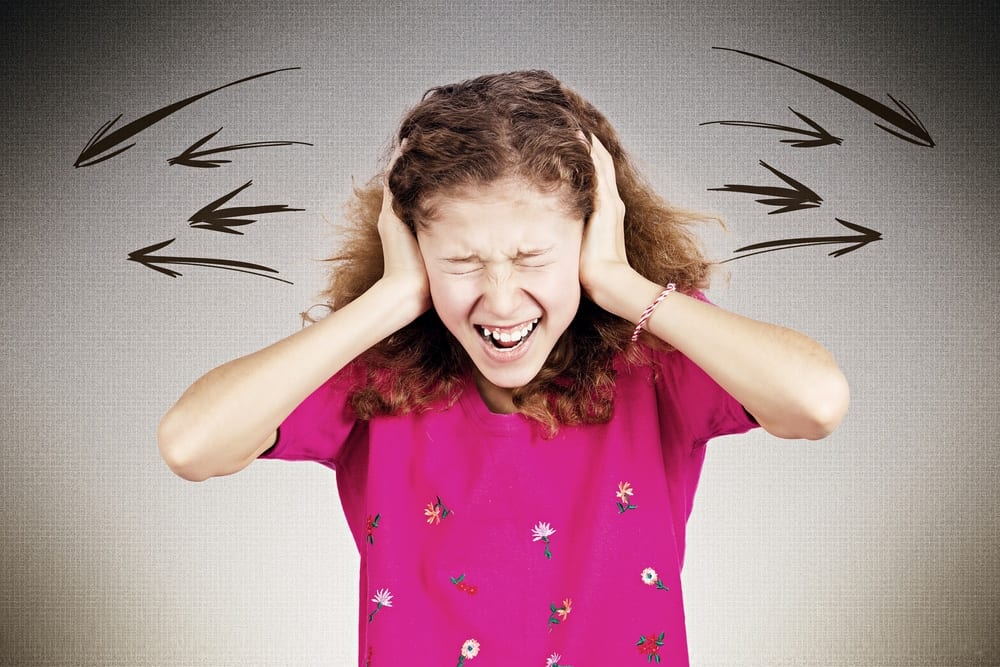
Cochlear implants
In Pasadena, Los Angeles, knowledge of audiology and hearing is improving every day through the hard work of doctors and researchers. Disorders and dysfunction of the inner ear can lead to complex problems for a patient.
Cochlear implants are electronic medical devices that have improved the lives of many who suffer from inner ear problems. Cochlear implants provide sound signals to the brain by performing the functions that a healthy inner ear would perform. Cochlear implants are useful for those who have moderate to profound hearing loss in both ears, receive no benefit from hearing aids, and score 65% or less on sentence recognition tests. They can be planted in both ears to improve the ability to identify direction of sound.
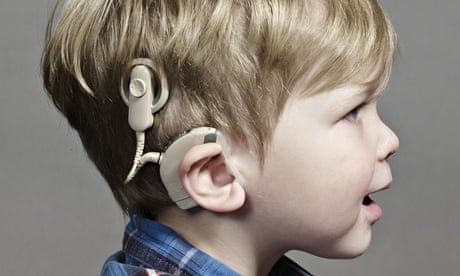
Cochlear implants have come a long way since their initial invention. Today, the benefits are extensive. They have been proven to work more effectively than hearing aids, with an average of 80% sentence understanding. Cochlear implants also allow patients to focus in noisy environments and carry out successful conversations.
There are some factors that can affect these benefits, which is why it is important to check and monitor a patient’s progress regularly. Depending on how severe their hearing loss is, how long they had hearing loss before they got their cochlear implant, and other medical conditions, the success of an implant may vary.
Overall, these devices require monitoring to ensure that each patient’s individual needs are met. Since their initial invention, cochlear implants have changed the face of audiology and hearing and have allowed many to live normal lives. Talk to a doctors of hearing if you would like to receive more information.
